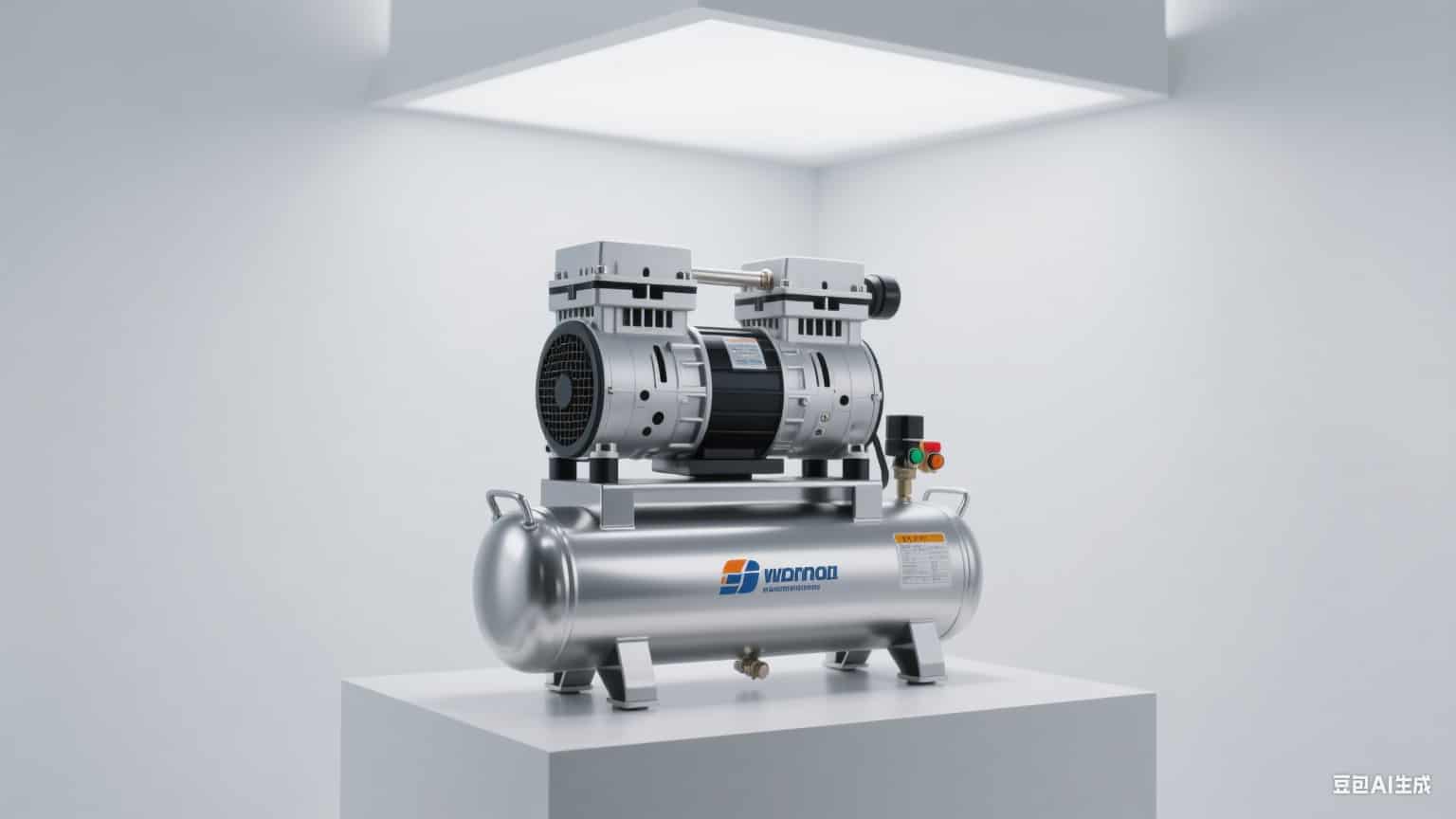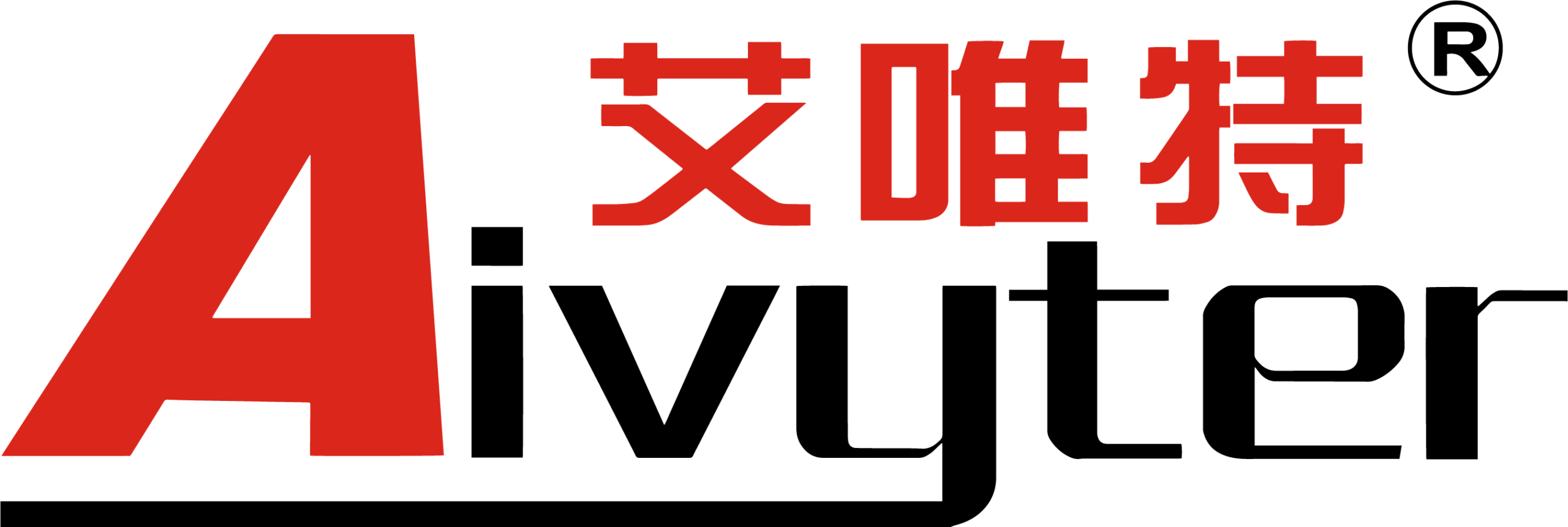
Choosing the Right Air Compressor Filter for Clean and Efficient Operation
Choosing the right air compressor filter is critical to ensuring clean, high-quality air in your compressed air system. Contaminants such as dust, oil, and moisture can damage equipment, reduce efficiency, and affect product quality.
Why Air Compressor Filters Are Important
What Does an Air Compressor Filter Do?
Air compressor filters remove various contaminants from compressed air, including:
- Dirt and dust particles
- Oil aerosols and vapors
- Moisture and water droplets
- Microorganisms like bacteria and fungi
By eliminating these impurities, filters protect tools, equipment, and products, ensuring air meets purity standards.
Risks of Using Incorrect Filters
- Product contamination: Impurities affect quality and safety, especially in food, pharma, and electronics.
- System damage: Contaminants clog valves, pipes, causing failures and premature wear.
- Increased costs: More frequent breakdowns, higher energy consumption, and maintenance expenses.
Understanding Compressed Air Contaminants
Common Contaminants
- Particulates: Dust, rust particles, pollen
- Aerosols: Water droplets, oil mist
- Vapors: Oil and hydrocarbon vapors
Sources of Contamination
- Ambient air (pollutants, seasonal changes)
- Compressor wear and tear (oil mist, particulates)
- Corrosion of pipes and components
Types of Air Compressor Filters
Particulate Filters
Remove solid particles (dust, dirt, rust) via filter media using interception and electrostatic attraction.
- Coarse: 5-40 microns
- Fine: ~1 micron
- Superfine/micro: ~0.01 micron
Protect downstream equipment and ensure air quality.
Coalescing Filters
Remove water, oil aerosols, submicron particles by coalescing droplets for easier removal.
- Coarse: Oil carryover ~5 mg/m³
- Fine: Oil carryover ~0.1 mg/m³
- Superfine: Oil carryover ~0.01 mg/m³
Improve air quality, protect equipment, and require minimal maintenance.
Activated Carbon Filters
Adsorb oil and hydrocarbon vapors to remove odors and tastes. Require pre-filtration to avoid clogging.
Combination Filters
Combine particulate and coalescing functions to simplify installation and maintenance.
Oil Filters
Protect compressor lubricant by removing particulates and extend compressor life.
High-Particulate Filters
Designed for sensitive processes like painting, pharma, and instrumentation.
Vapor (Charcoal) Filters
Remove gaseous contaminants via adsorption; often combined with coalescing filters.
Factors to Consider When Choosing Filters
- Air quality standards: Follow ISO 8573-1:2010 purity classes.
- Particle size and filtration efficiency: Match filter to contaminants size.
- Flow rate and pressure drop: Avoid undersized or oversized filters; keep pressure drop ≤ 5 PSI.
- Operating temperature: Ensure filter materials withstand your system’s temperature.
- Compressor type and system setup: Oil-free or oil-lubricated systems have different needs; dryers require specific filter arrangements.
Proper Filtration Arrangements
Systems Without Dryers
- Install coarse/fine filter immediately after compressor
- Add superfine filter if stricter air purity is required
Systems With Refrigerated Dryers
- Fine filter before dryer
- Superfine filter after dryer
- Activated carbon filter if needed for oil vapors
Systems With Desiccant Dryers
- Fine filter before dryer
- Superfine filter before dryer for extra protection
- Fine particulate filter after dryer
- Activated carbon filter if needed
Filter Maintenance and Replacement
Why Regular Maintenance Is Critical
- Ensures consistent air quality and system performance
- Reduces energy consumption and operating costs
- Extends equipment lifespan
Risks of Neglecting Filter Replacement
- Clogged filters reduce efficiency and allow contaminants through
- Increased pressure drop leads to higher energy costs
- System failures and damaged equipment
How to Determine When to Replace Filters
- Follow manufacturer’s recommended hours (e.g., intake filters every 2,000 hours)
- Monitor pressure drop across filters
- Look for signs of poor air quality or system performance
Conclusion
Choosing the right air compressor filter is essential for maintaining clean, efficient, and reliable compressed air. Proper selection based on your system’s needs, regular maintenance, and timely replacement will protect your equipment, improve air quality, and reduce costs.
Need help selecting the best filters for your compressed air system? Contact the experts at Aivyter. Our knowledgeable team is ready to assist you in finding the perfect filtration solution for your needs.

